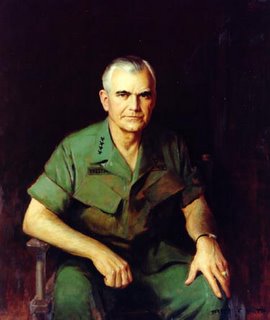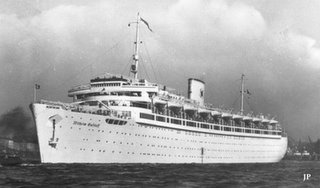Cold!
This is coolbert:
During both World War One [WW1] and World Two [WW2], the soldiers of the Imperial Russian Army and the Soviet Red Army were instantly recognizable from a distance by the fact that on their person they either carried or wore ALL the time a greatcoat.
[for this blog entry soldiers of the Imperial Russian Army and the Soviet Red Army will be referred to as Russian soldiers.]
The issued greatcoat was a heavy thick wool garment that stretched almost all the way down to the ankles. Intended of course to keep the troop warm. And DID!
This greatcoat was intended to be used in lieu of a sleeping bag!
The Russian soldier has never been and will not be weighed down by unnecessary impedimenta. During times of frost, when the temperature would go below freezing, [32 deg. F., 0 deg. C,] the Russian soldier was EXPECTED to and DID sleep in the open, wearing only his greatcoat for protection.
Soldiers WERE able to do this, even sleeping in the snow, without further protection other than that greatcoat.
NO one can say that the Russians command ever mollycoddled their troops. Keep in mind the dicta of S.L.A. Marshal, the American military historian, "when you mollycoddle soldiers, you make mollycoddles of them!!".
It seems that in the years subsequent to the end of WW2, the Russian soldier HAD become a sissified mollycoddle. During the encounters and combat between Russian and Chinese forces in 1969, some Russian troops [KGB Frontier Troops] had frozen to death. These troops were not prepared to sleep in the open in the snow protected only by the greatcoat.
Stavka, the Russian High command, duly noted this deficiency of troops freezing to death. A remedy had to be found.
According to Suvorov:
"The winter of 1969 was an exceptionally bitter one in the Soviet Far East. When the first clashes with the Chinese took place on the river Ussuri, and before combat divisions reached the area, the pressure exerted by the enemy was borne by the KGB frontier troops. After the clash was over, the General Staff held a careful investigation into all the mistake and oversights which had occurred. it was quickly discovered that several KGB soldiers had frozen to death in the snow, simply because the had never received elementary instruction in sleep out in temperatures below zero.
This was alarming news. A commission from the General Staff [Stavka] immediately carried out experiments with three divisions, chosen at random, and came to a depressing conclusion. Wartime experience had been irrevocably lost and the modern Soviet soldier [sissified and mollycoddled??] had not been taught how he could sleep in the snow. Naturally he was not allowed a sleeping bag and of course he was forbidden to light a fire. Normally a soldier would spend nights when the temperature was below freezing-point in his vehicle. But what was he do if the vehicle was put of action??
The chiefs of staff of all divisions were immediately summoned to Moscow. They were given a day's instruction in the technique of sleeping in the snow at freezing temperatures, using only a greatcoat. Then each of them was required to convince himself that this was possible by sleeping in the snow for three nights. (It should remembered that March in Solnechnogorsk, near Moscow, is a hard month, with snow on the ground and temperatures below zero.) Then the chiefs of staff returned to their divisions and immediately the entire Soviet Army was put to a very hard test -- that of spending a night in the open in numbing cold and without any extra clothing. It seemed as if those who were stationed in deserts in the south were in luck. But no - - they were sent by turns to either Siberia or the north to be put through the same tough training. Thereafter, spending a night in the snow became a part of all military training programmes."
There you have it. A remedy was found and implemented. In draconian fashion, but then that is the manner and way of the Russian. And it does work for them!!
coolbert.








